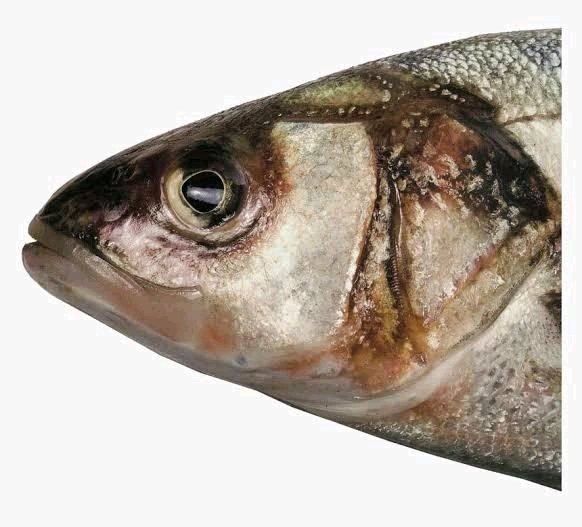Eating fish, including the head, has been a practice in many cultures for centuries. The head of a fish, often discarded in Western culinary traditions, contains various nutritional benefits that can positively impact brain health. Here’s a detailed look at the benefits:

Nutrient-Dense: Fish heads are rich in essential nutrients, particularly omega-3 fatty acids, such as DHA (docosahexaenoic acid) and EPA (eicosapentaenoic acid). These fatty acids are crucial for brain health as they play a key role in maintaining the structure and function of brain cells. Omega-3s are known to support cognitive functions, improve memory, and protect against age-related cognitive decline.
Rich in Vitamins and Minerals: Fish heads contain high levels of vitamins A, D, and E. Vitamin A supports brain plasticity and cognitive functions. Vitamin D has been linked to the regulation of mood and may help prevent mental decline. Vitamin E acts as an antioxidant, protecting brain cells from oxidative stress.
Collagen and Gelatin: The connective tissues, skin, and bones in fish heads are sources of collagen and gelatin, which may support joint health and skin elasticity. While their direct impact on brain health is less studied, overall health improvements can indirectly support cognitive function.
Mineral Content: Fish heads are also a good source of essential minerals such as iodine, zinc, magnesium, and calcium. Iodine is crucial for thyroid function, which in turn affects brain metabolism. Zinc and magnesium are vital for neurotransmitter function and neural communication, potentially improving cognitive functions and mood regulation.
Bioactive Compounds: The fish head contains various bioactive compounds, including peptides that have been shown to have anti-inflammatory and neuroprotective effects. These compounds can help reduce inflammation in the brain, which is a contributing factor to neurodegenerative diseases like Alzheimer’s.
Economic and Environmental Benefits: Beyond health, consuming fish heads is a sustainable practice. It reduces food waste and promotes the use of the entire fish, which can be particularly important in cultures where food scarcity is an issue.
In conclusion, eating fish heads can offer substantial nutritional benefits that contribute to brain health. The rich supply of omega-3 fatty acids, vitamins, minerals, and bioactive compounds can help enhance cognitive functions, protect against neurodegenerative diseases, and improve overall brain health. Integrating this often-overlooked part of the fish into one’s diet can be a valuable addition to a balanced and nutrient-rich diet.








